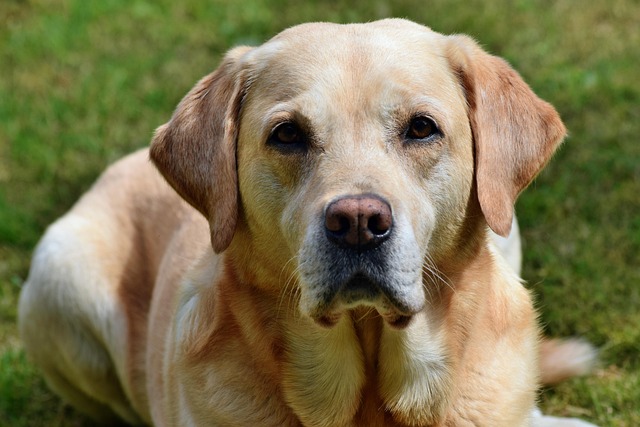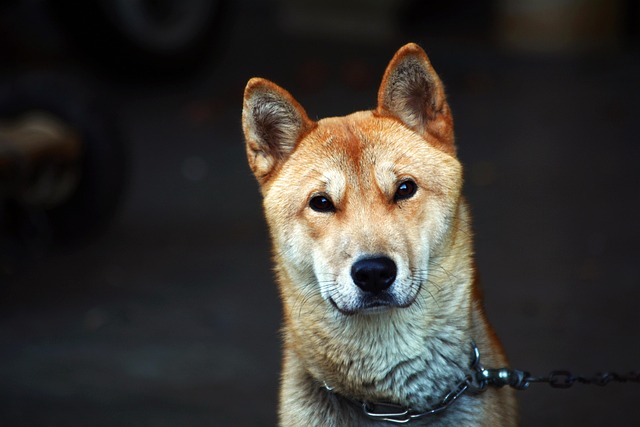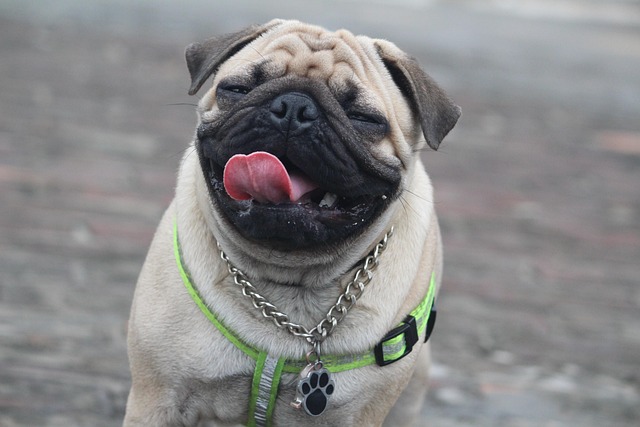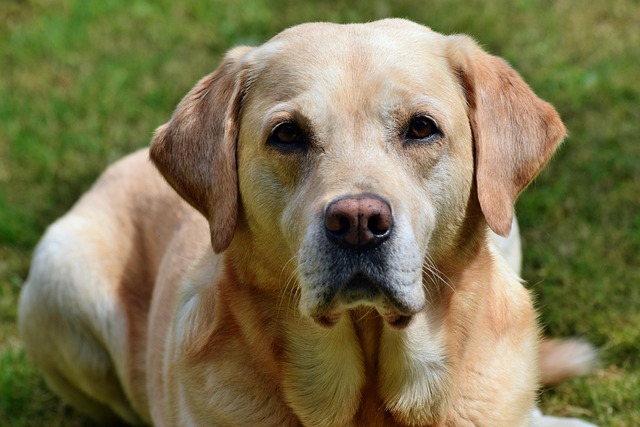Many new dog owners in the US find themselves staring at a backyard full of holes and wondering, “Will they just stop doing this when they get older?” The truth is, some dogs do dig less as they mature, but for most, it’s a behavior that sticks around without a little guidance.
Digging is hardwired in dogs—think of a beagle following a scent underground or a husky trying to cool off in the dirt on a hot day. Puppies often dig out of curiosity, pouncing on mole hills like they’re the best toy ever. As they hit adulthood (around 1-2 years), some calm down, especially if they get enough exercise. But breeds like dachshunds or Jack Russells, bred to hunt burrowing animals, might never fully outgrow it. Boredom or anxiety can also keep the habit going—your dog might dig just to have something to do while you’re at work.
Instead of waiting for them to grow out of it, channel that energy. Set up a “digging corner” with soft sand and bury treats or a favorite tennis ball there. When your pup starts digging in the flower bed, gently lead them to the corner and say, “Let’s find your toy!” Praise them like they’ve won a prize when they dig there. For high-energy dogs, a 30-minute walk plus a game of fetch daily can reduce the urge to dig out of restlessness. If they’re digging near fences, check for triggers—maybe a squirrel taunting them from the other side.

In the US, keeping your dog healthy is part of responsible ownership. Make sure their rabies vaccine is current—all states require it, and if your digging dog escapes, it’s a legal must. When you take them to public parks, even if they’re not digging, always bring poop bags. It’s not just polite; places like California fine up to $500 for leaving pet waste, and no one wants to step in it.
Never scold or hit your dog for digging. Yelling might make them stop briefly, but it’ll confuse them and could make them anxious—even more likely to dig out of stress. Stick to positive reinforcement, which aligns with how most Americans believe pets should be treated.
Apartment living has its own digging challenges, like potted plants turned into mini construction sites. Try placing stones on top of the soil to deter them, and offer a puzzle feeder filled with peanut butter to keep their brain busy. When walking in your building’s courtyard, keep them on a short leash to prevent them from digging up the community garden—your neighbors will thank you.
Some dogs do dig less with age, but don’t count on it. With a little training, you can turn a hole-digging fiend into a well-mannered pup who knows where it’s okay to get their paws dirty.






